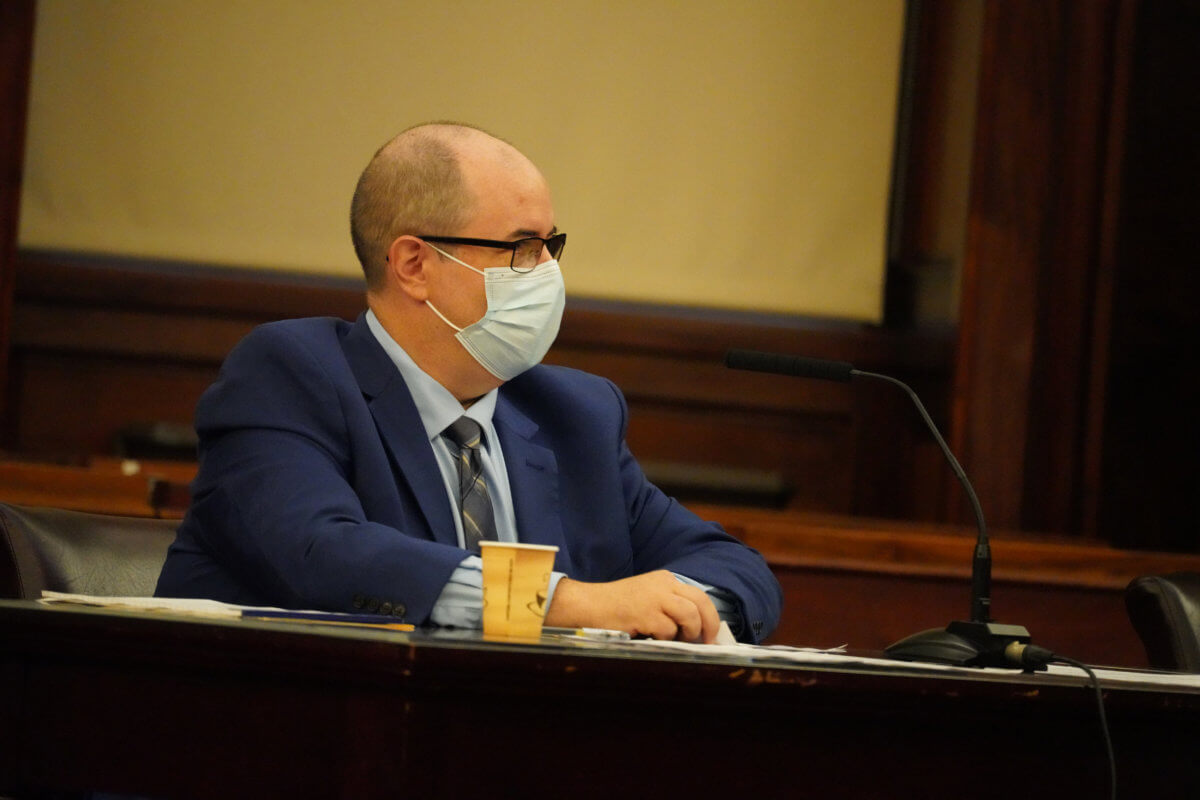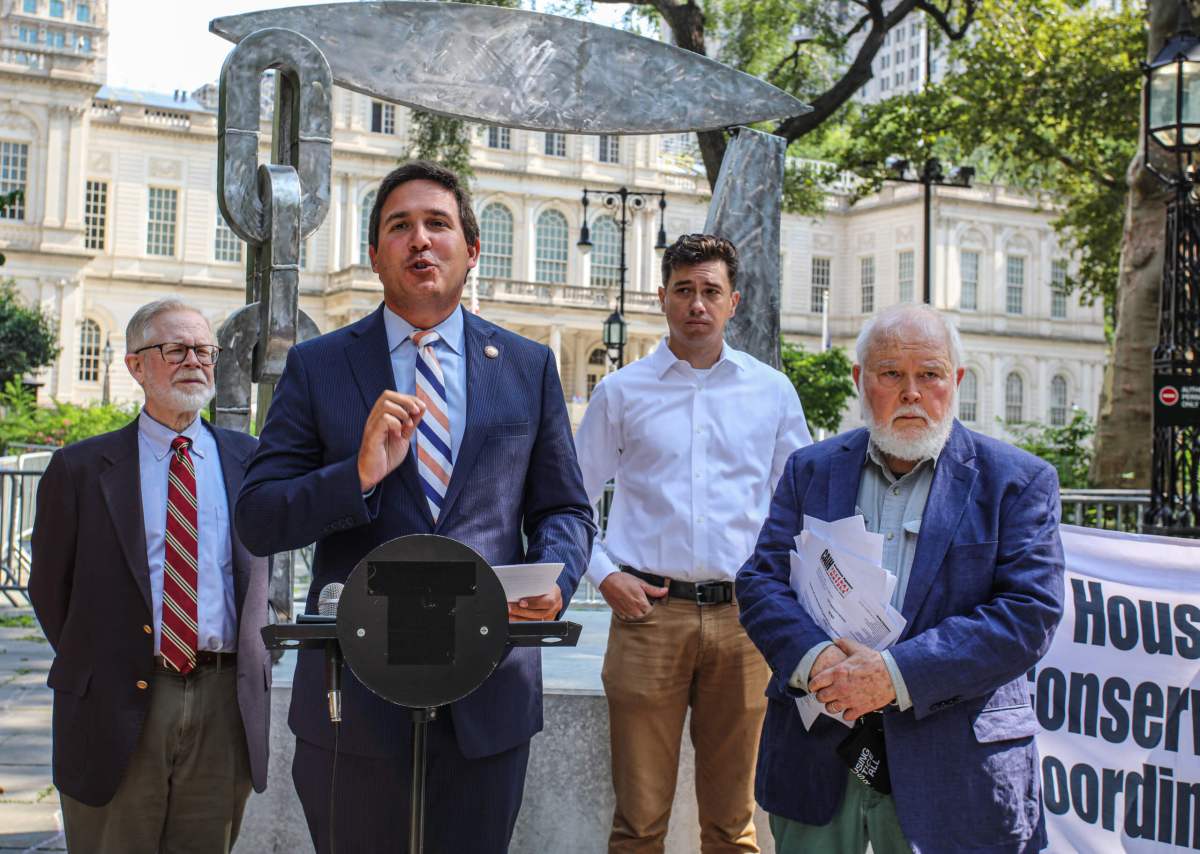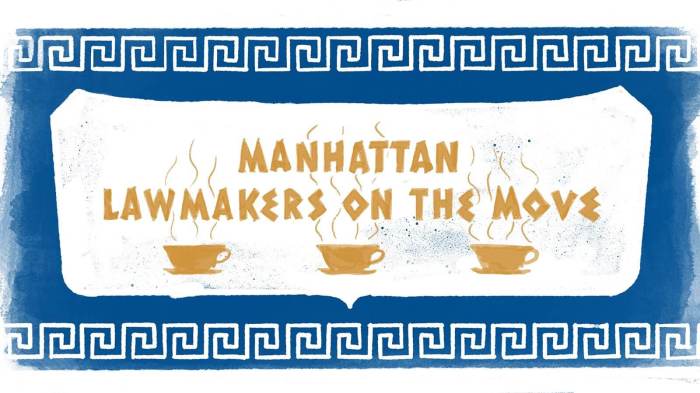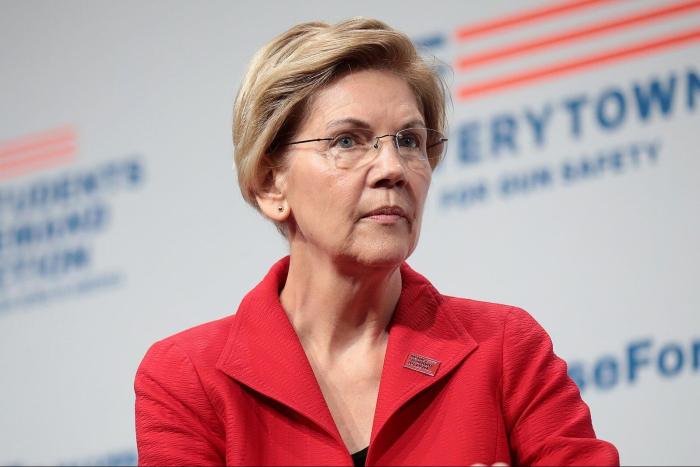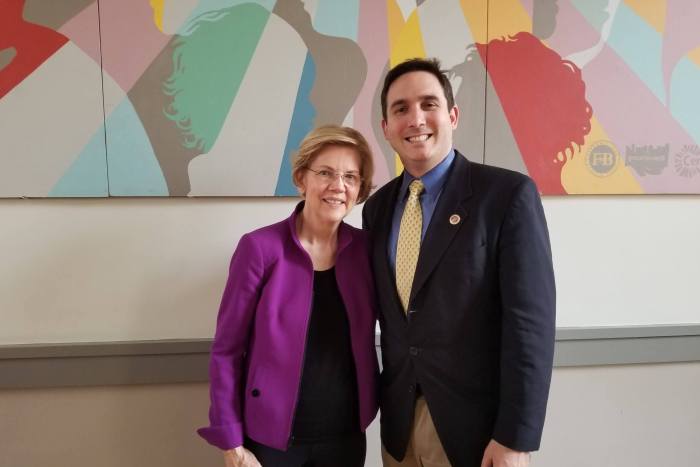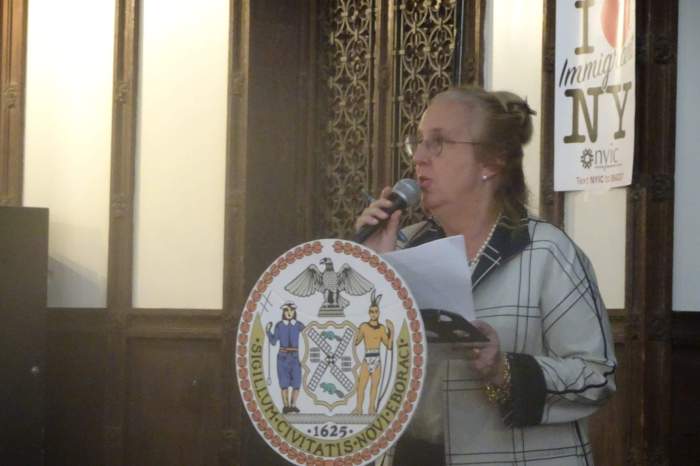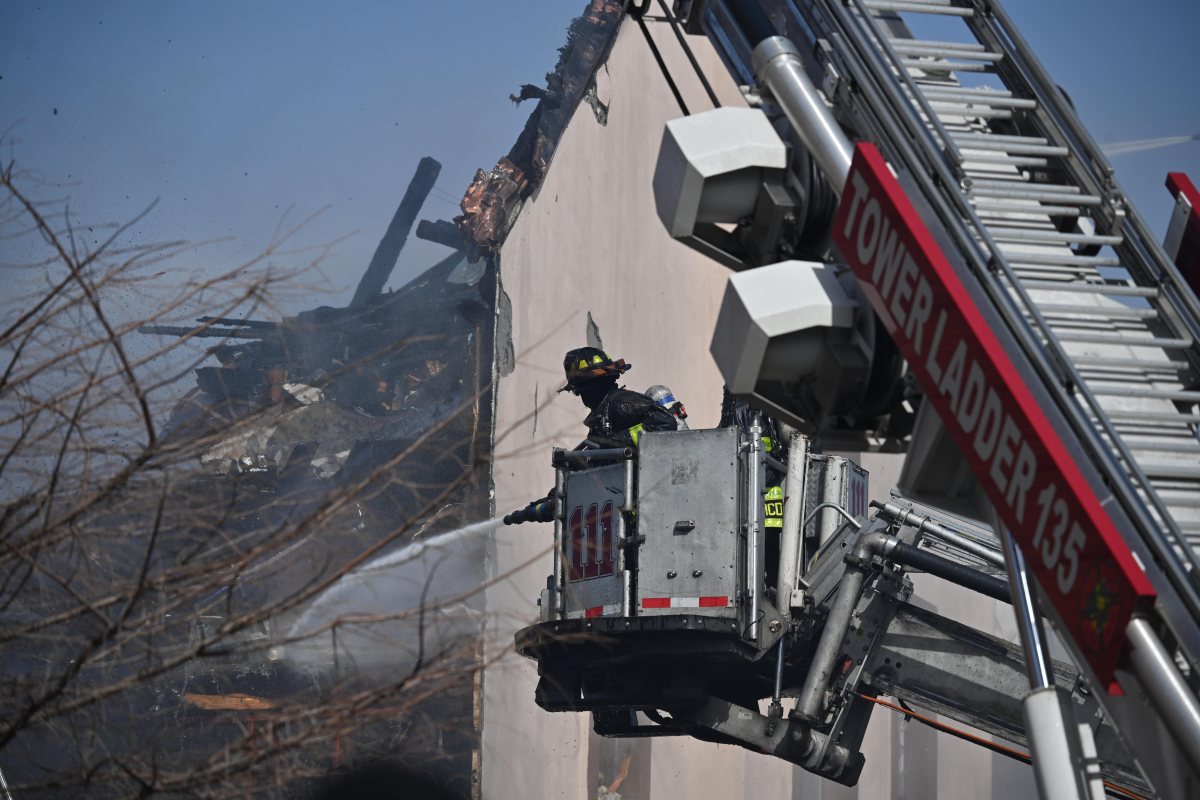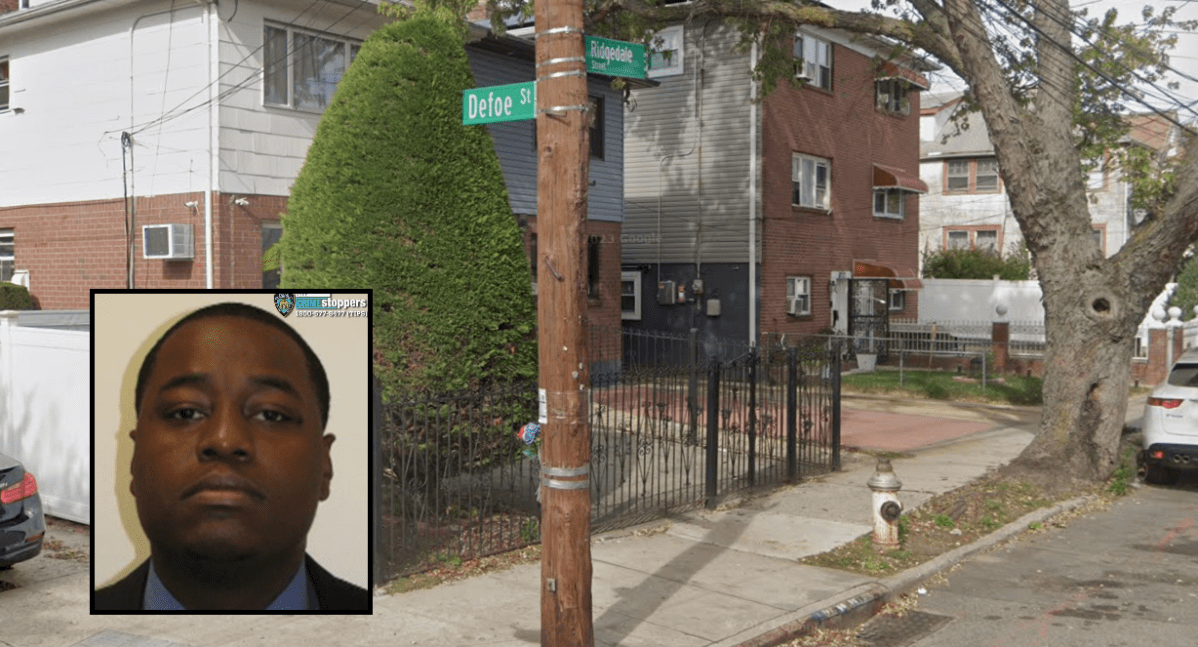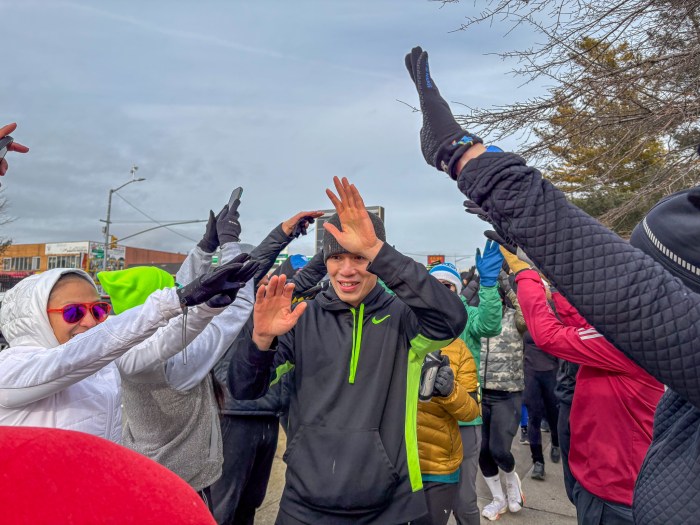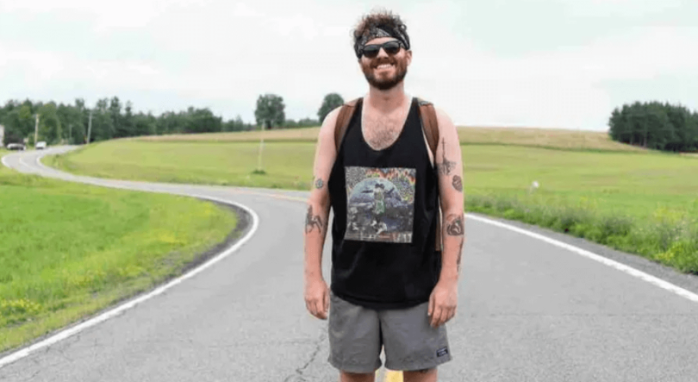The Coalition Against Illegal Hotels, City Council Member Ben Kallos and Assembly Member Richard N. Gottfried touted a new bill Monday, Sept. 13 aiming to crack down on illegal hotels by creating a mandatory registration system for short-term rentals.
Minutes before the first hearing on City Council Intro. 2309 was set to begin, the Coalition and lawmakers urged passage of the bill which hopes to stop illegal hotel renting to tourists while opening up free housing space for homeless New Yorkers.
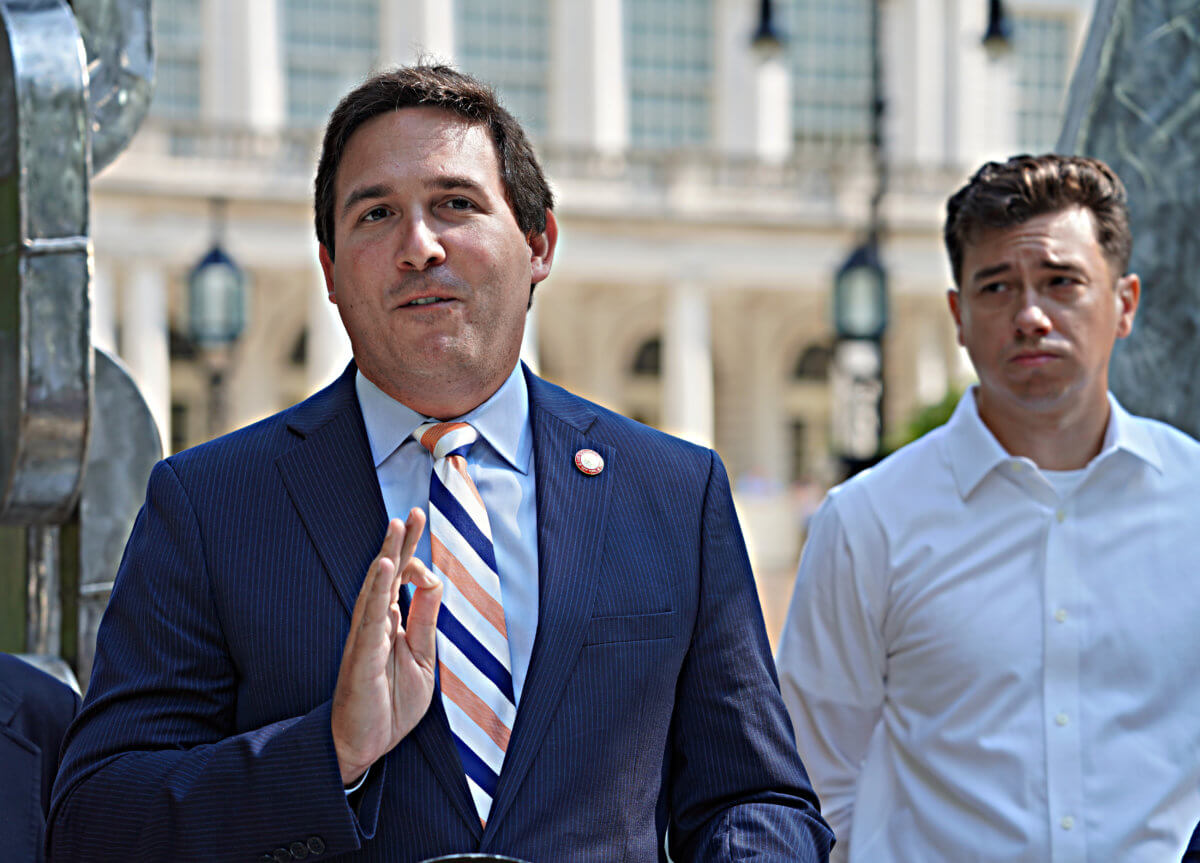
“I’ve been a tenant for most of my life and I’m tired of having to compete with tourists for housing in this city, housing should be for New Yorkers, hotels, should be for tourists. It’s as simple as that,” Kallos said Monday, standing alongside advocates in the shadow of City Hall.
“Every renter had to pay an extra $384 more in increased rent due to the expansion of Airbnb from 2015 to 2017, he added. “Now this spike in rent actually forced me and my wife to move during a high risk pregnancy and I didn’t know until today where the spike came from. There were 37,000 units on Airbnb in February, and half of them listed entire homes, which is not allowed in buildings with three or more units under state law, short-term rentals are restricted to less than 30 days where the resident is home at the time.”
In addition to contributing to the housing shortage, Kallos also believes safety of these rented spaces should also be called into question. Kallos feels that the devastation wrought by the remnants of Hurricane Ida proves that rooms which haven’t been properly inspected can lead to the loss of life. Not only that, he also affirms that if these residential properties are prevented from being rented in the short-term, unhoused New Yorkers will be given more housing options.
Following the conference, dozens of individuals entered City Hall where they testified to members of City Council, hoping to aid the bill’s passage before 2022.
The afternoon was spent recounting the impact illegal hotels have on neighborhoods in which they are found and the people within them, with the promise of affordable housing being of the most significant facing factors.
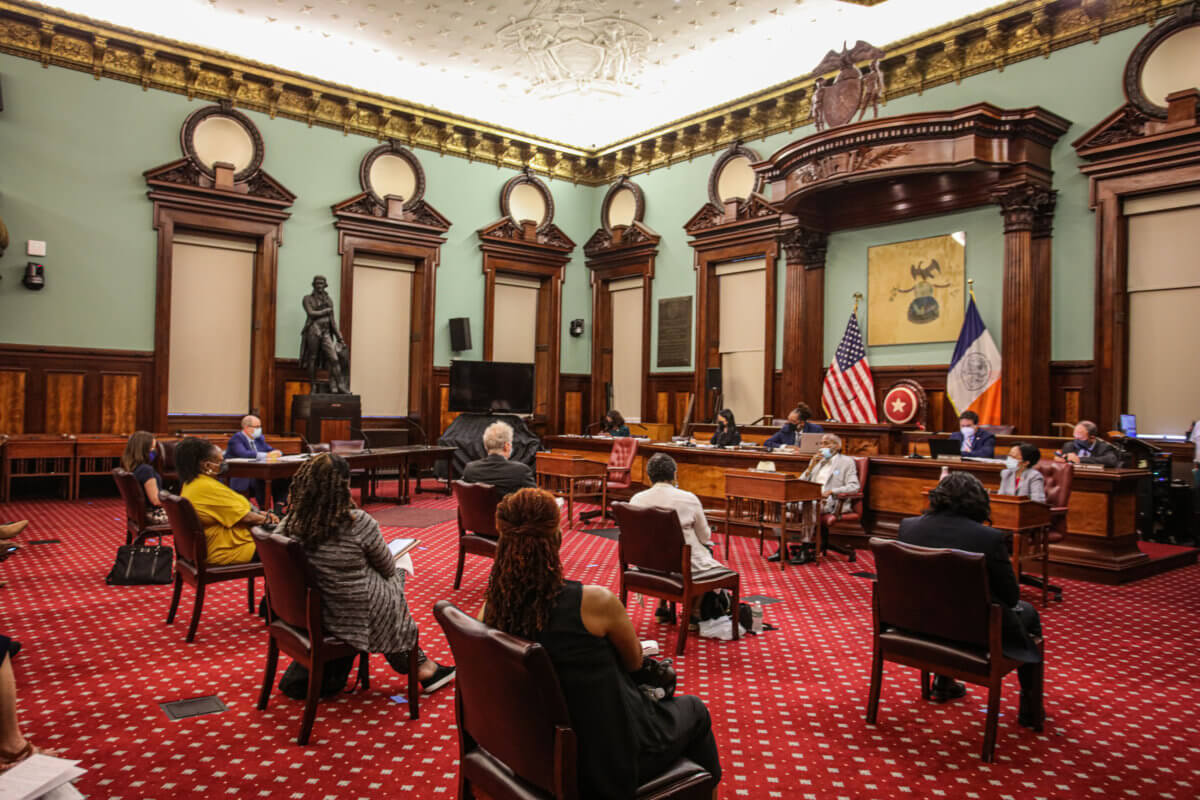
“This legislation, by requiring hosts to apply for and obtain a registration number in order to operate a short-term rental business in New York, is essential to preserve our affordable housing,” Vivian Abuelo of the Coalition Against Illegal Hotels said.
During the hearing, Kyle Ishmael represented Airbnb and gave a testimony on the Int. 2309, underscoring that the company supports the concept behind the bill; however, they are calling for amendments to be implemented so that it does not place undue burden onto New Yorkers trying to responsibly seek out ways to earn extra money throughout the year, such as imposing expensive or redundant requirements.
Ishmael stated that the company believes New Yorkers have the right to share their space with tourists, which has faced an economic impact during the pandemic.
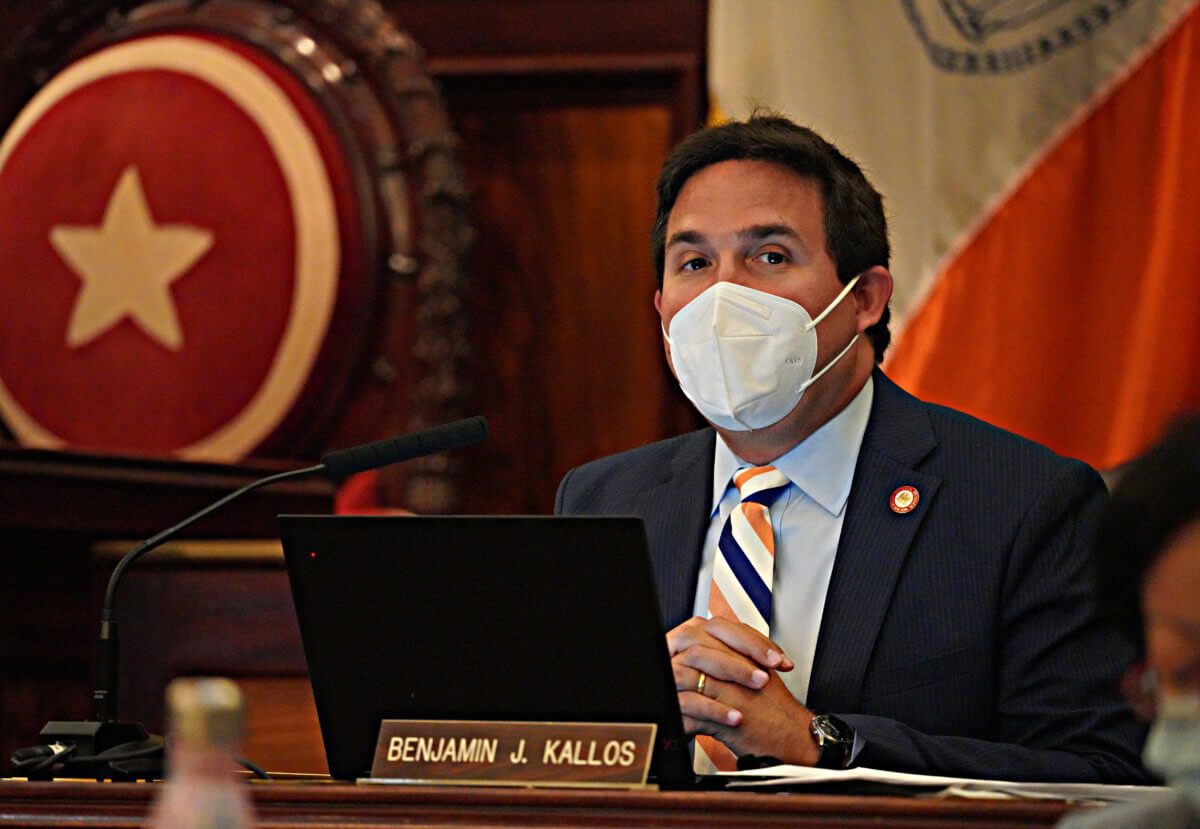
“With the introduction of 2309, we are hopeful that New York City could be on the verge of clarifying the law and protecting the rights and abilities of residents to earn additional income that will allow them to remain in their homes, afford taxes, make infrastructure repairs, and meet other financial burdens. However, the bill would require some fundamental amendments to achieve this,” Ishmael testified. “As currently constructed, this bill places undue burdens on New Yorkers that would not only impede current hosts from utilizing their space for short-term rentals, but would also have a chilling effect on new, responsible residents who are seeking ways to earn extra money throughout the year. While we fully support a registration system for short term rentals in New York City, the bill would also require that hosts hire an engineer, architect or inspector to certify the premises.”
Joy Williams owns a townhouse in Harlem and shares her home through Airbnb in order to maintain it. She cautioned the council against passing legislation that would “handcuff” property owners looking to maintain affordability of their own homes.
“I own my townhouse in Harlem and share my home in order to afford to maintain it. Airbnb hosts are afraid of the City’s inconsistent, confusing and intimidating policies around home-sharing and this bill would only make it worse. Home sharing brings needed income to families and businesses in New York—that’s something that should be celebrated, not handcuffed, particularly as we try to recover from the pandemic,” Williams said in her testimony.
